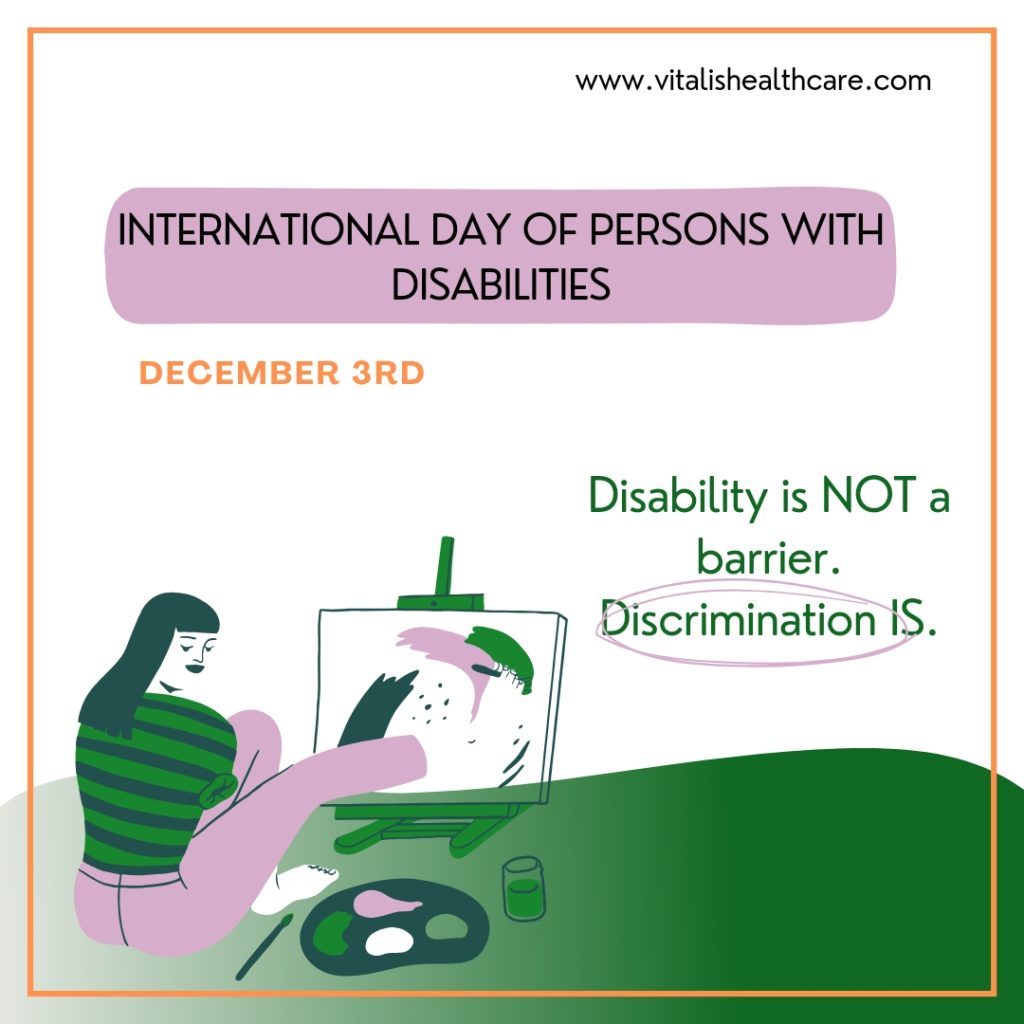Living with a disability can present many challenges, but it doesn’t mean a person has to lose their independence. In fact, one of the key goals in health care is to help people living with disabilities maintain as much independence as possible, whether it’s in their daily activities, work, or social interactions.
Independence is more than just being able to do things without assistance. It is about having control over one’s life, making decisions, and having the freedom to pursue personal goals. For people with disabilities, maintaining independence can have a significant positive impact on their mental, emotional, and physical well-being.
A study from the World Health Organization (WHO) shows that empowering people with disabilities to live independently leads to better life satisfaction and mental well-being. It generally leads to;
- Improved Self-Esteem: The ability to perform daily tasks, like cooking, cleaning, or going for a walk, can boost self-esteem and create a sense of pride.
- Increased Mental Health: Having independence can reduce feelings of helplessness or depression. Studies show that autonomy and control over one’s environment are linked to better mental health outcomes.
- Enhanced Quality of Life: Independence allows people with disabilities to live fuller, more active lives. It provides opportunities for meaningful social interactions, employment, and self-expression.
How Home HealthCare Can Play A Key Role In Promoting Independence For People Living With Disabilities
Home healthcare is a powerful tool for helping people with disabilities maintain their independence. Through a combination of professional care, assistive devices, and emotional support, home care allows individuals to receive tailored services in the comfort of their own homes. Here’s how home health care can play a key role:
- Personalized Care Plans: One of the greatest advantages of home health care is that the care can be tailored to the unique needs of each person. Whether it’s helping with mobility, medication management, or personal care, home health care providers work with clients to create plans that encourage self-sufficiency.
- Assistive Devices and Technology: In many cases, the right tools can help people with disabilities live more independently. From wheelchairs to voice-activated home assistants, these technologies make it easier for individuals to carry out daily tasks without assistance. Home health care professionals are often trained to help individuals learn to use these devices effectively.
- Skills Training and Support: Home health care providers can help individuals develop or maintain the skills they need for daily living. Whether it’s meal planning, personal hygiene, or managing finances, home health aides can teach and reinforce skills that promote autonomy.
- Mobility Assistance: Many individuals with disabilities need help with mobility. Home health aides can assist with walking, transferring, or using mobility devices, allowing individuals to move around more freely and safely. This support gives them the confidence to remain active in their communities.
- Mental and Emotional Support: Mental health is just as important as physical health. Home health care providers often offer emotional support, which can help reduce feelings of isolation and frustration that sometimes come with living with a disability. This support is crucial for maintaining a positive mindset and sense of self-worth.
Promoting independence for people with disabilities is not just about making tasks easier—it’s about empowering individuals to take control of their own lives. Whether through personalized care, assistive technology, or emotional support, home health care plays a pivotal role in helping people with disabilities thrive.
CONTACT US
At Vitalis Healthcare, we prioritize continuous provision of services that promote autonomy and independence. For us, it is about understanding that each person’s needs and abilities are unique and creating a care plan that reflects that.
We are dedicated to providing our patients with quality home caregiving services and our team of registered nurses and caregivers are effectively trained to cater for the needs of you or your loved ones.
If you are in need of our services, contact us today to get matched with the best services for your needs.
Phone Number: 240.716.6874
Email: info@vitalishealthcare.com
Location: 8757 Georgia Avenue Suite 440 Silver Spring, MD 20910


